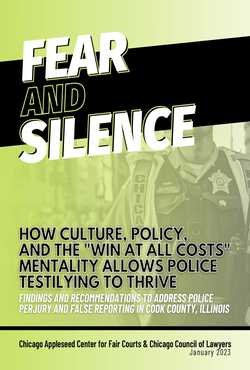By Jesse Bruhn
I study criminal street gangs using new data that describes the geospatial distribution of gang territory in Chicago and its evolution over a 15-year period. Using an event study design, I show that city blocks entered by gangs experience sharp increases in the number of reported batteries (6%), narcotics violations (18.5%), weapons violations (9.8%), incidents of prostitution (51.9%), and criminal trespassing (19.6%). I also find a sharp reduction in the number of reported robberies (-8%). The findings cannot be explained by pre-existing trends in crime, changes in police surveillance, crime displacement, exposure to public housing demolitions, reporting effects, or demographic trends. Taken together, the evidence suggests that gangs cause small increases in violence in highly localized areas as a result of conflict over illegal markets. I also find evidence that gangs cause reductions in median property values (-$8,436.9) and household income (-$1,866.8). Motivated by these findings, I explore the relationship between the industrial organization of the black market and the supply of criminal activity. I find that gangs that are more internally fractured or operate in more competitive environments tend to generate more crime. This finding is inconsistent with simple, market-based models of criminal behavior, suggesting an important role for behavioral factors and social interactions in the production of gang violence
Bravo Working Paper # 2021-004 . Brown University Orlando Bravo Center for Economic Research, 2021. 71p.



